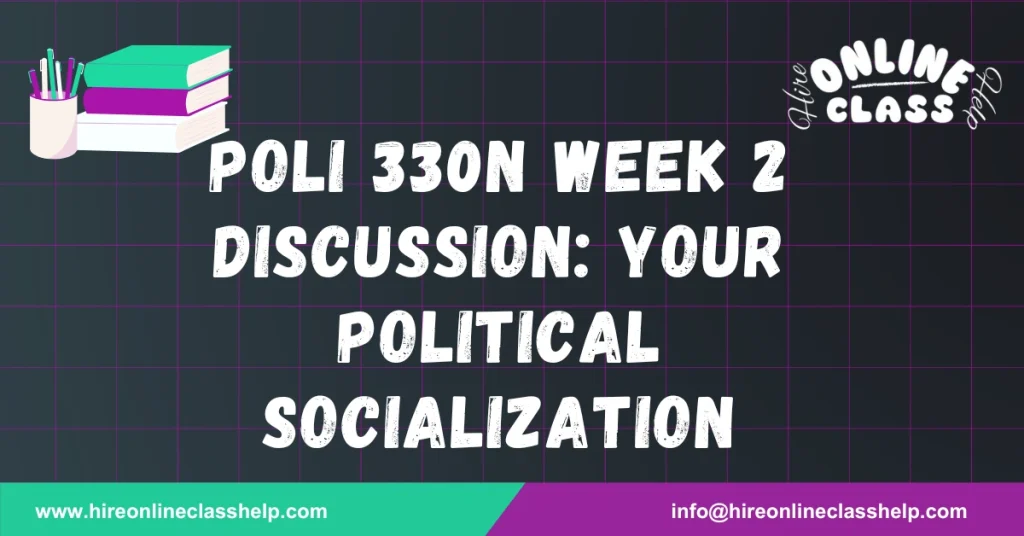






Name
Chamberlain University
POLI-330: Political Science
Prof. Name
Date
Political socialization begins at a young age. Reflecting on my experiences around the age of ten, I recall significant conversations about politics, particularly in the context of social injustice. A pivotal moment in my early political awareness was the civil unrest following the acquittal of police officers involved in the beating of Rodney King on April 29, 1992. This event sparked intense discussions within my family about race and justice. As noted by Whitman Cobb (2020), “Socialization is the process through which we acquire beliefs about the world around us; the media is a key way in which those ideas, values, and beliefs are communicated.” My family made a concerted effort to involve us children in these discussions, highlighting the societal issues we faced and the disappointment in a system perceived as unjust. This exposure shaped my understanding of systemic racism and instilled a belief that the system was not designed to protect marginalized communities. My views on the persistent issues surrounding racial injustice have remained largely unchanged, particularly in light of the ongoing Black Lives Matter movement.
Despite my family’s skepticism towards the political system, they always exercised their right to vote, a practice I continue to uphold. My college education further expanded my political socialization. In various courses, I was introduced to diverse perspectives on political issues, which fostered a deeper understanding of the political landscape. According to Longley (2021), “College-level courses in American history, civics, and political science encourage students to examine government institutions and processes.” This academic exposure taught me the importance of respecting differing viewpoints and engaging in constructive dialogue, allowing me to navigate political discussions more effectively.
One of the most vivid memories from my formative years is witnessing the events of 9/11 unfold live on television while heading to breakfast between classes. The pervasive nature of media today means that children are often exposed to significant events and issues, sometimes before they are developmentally ready to process such information. As noted by B. S. et al. (2021), “Not only does the media influence public opinion by providing news, analysis, and a diversity of opinion, it exposes people to modern sociopolitical issues, such as drug abuse, abortion, and racial discrimination.” This constant exposure necessitates important conversations between children and caregivers to help them make sense of what they see and hear. Without guidance, children may form opinions based solely on media portrayals rather than informed discussions.
B. S., T. A. U., & Facebook, F. (2021, March 3). What is political socialization? Definition and examples. ThoughtCo. Retrieved March 15, 2021, from https://www.thoughtco.com/political-socialization-5104843.
Longley, R. (2021, March 3). What is political socialization? Definition and examples. ThoughtCo. Retrieved from https://www.thoughtco.com/political-socialization-5104843.
Whitman Cobb, W. N. (2020). Political science today (1st ed.). Washington, DC: Sage, CQ Press.
.